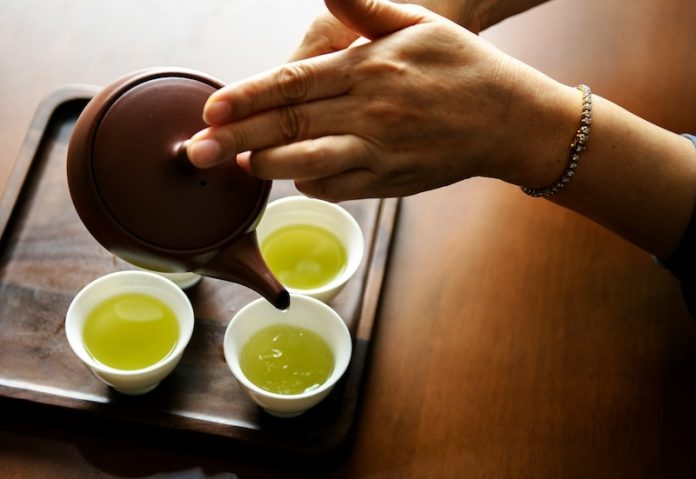
High blood pressure, or hypertension, is a common health problem that affects millions of people worldwide. It increases the risk of heart disease, stroke, and other serious conditions.
While medications are often used to manage high blood pressure, many people are also interested in natural remedies to support their health.
One supplement that has gained attention is L-theanine, an amino acid found in tea leaves, particularly green tea. But can it really help lower blood pressure?
L-theanine is known for its calming effects on the brain. It promotes relaxation without making you feel drowsy, which is why many people use it to reduce stress and anxiety.
Scientists believe this calming effect could also benefit blood pressure, especially for people whose hypertension is linked to stress.
Stress often triggers a fight-or-flight response in the body, causing blood pressure to rise. By calming the nervous system, L-theanine might help prevent these spikes.
Research supports this idea. For example, a study published in the journal Nutrients found that L-theanine could reduce stress-induced blood pressure increases. Participants in the study were given either L-theanine or a placebo before completing stressful tasks.
Those who took L-theanine experienced smaller blood pressure increases compared to the placebo group. This suggests that L-theanine helps the body stay calmer under pressure.
Another study looked at the effects of green tea, which contains L-theanine and other beneficial compounds, on blood pressure. Researchers found that regular consumption of green tea was linked to lower blood pressure in people with hypertension.
While it’s hard to isolate the effects of L-theanine from other components like catechins (antioxidants in green tea), it’s clear that L-theanine plays a role in supporting heart health.
L-theanine may also work by influencing brain chemicals like serotonin and dopamine, which help regulate mood and relaxation. It increases alpha brain waves, associated with a calm but alert state.
This unique ability to relax the mind without causing drowsiness may indirectly help manage blood pressure by reducing tension and promoting a sense of well-being.
While these findings are promising, it’s important to note that L-theanine is not a replacement for traditional blood pressure treatments. It works best as part of a broader approach to managing hypertension, including a healthy diet, regular exercise, and stress management techniques.
For example, combining L-theanine supplementation with meditation or yoga may enhance its calming effects and further benefit blood pressure.
It’s also worth noting that most studies on L-theanine involve relatively small groups of participants. Larger studies are needed to confirm its effects and determine the best dosage for blood pressure management.
For now, the typical recommended dose for L-theanine supplements ranges from 100 to 400 mg per day, though it’s always best to consult a healthcare provider before starting any new supplement.
In conclusion, L-theanine shows promise as a natural way to support healthy blood pressure levels, particularly for people whose hypertension is linked to stress.
Its calming effects on the brain and body may help prevent stress-related blood pressure spikes and promote overall relaxation. While more research is needed to fully understand its potential, L-theanine could be a helpful addition to a heart-healthy lifestyle.
If you’re considering trying L-theanine, it’s a good idea to discuss it with your doctor to ensure it fits into your overall health plan.
If you care about blood pressure, please read studies about unhealthy habits that could increase high blood pressure risk, and eating eggs in a healthy diet may reduce risks of diabetes, high blood pressure.
For more information about blood pressure, please see recent studies that early time-restricted eating could help improve blood pressure, and results showing 12 foods that lower blood pressure.
Copyright © 2024 Knowridge Science Report. All rights reserved.



